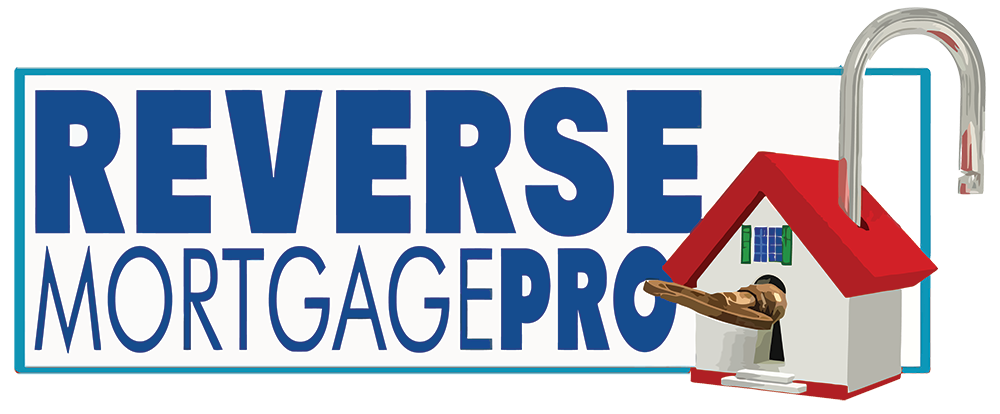Finances in your sunset years involve using practical tools like reverse loans. It gives seniors aged 62+ the ability to get non-taxable cash from their home’s equity without a monthly loan payment. This option offers flexible payment methods, particularly monthly disbursements, lump sums, and lines of credit.
However, how you use or save the proceeds can compromise your eligibility for some financial assistance programs. Understanding its effect is even more crucial for recipients of Medicaid and Supplemental Security Income (SSI). These programs are means-tested, meaning the beneficiary’s income, assets, and other monetary resources must stay below certain limits to qualify.
Reverse Mortgages and Eligibility for Medicaid and SSI
Medicaid is a federal program offering healthcare coverage to the elderly and disabled people with low income and assets, including bonds and stocks. To qualify, applicants must have countable assets of up to $2,000, while couples must have assets worth $3,000 at most. Do note that the asset limit may be higher in some states.
Another well-known federal assistance program is SSI, which offers financial aid to seniors, persons with disabilities, and low-income individuals. Starting in 2025, the federal benefit rate (FBR) or maximum monthly amount provided is $967 for individuals and $1,450 for couples. Like Medicaid, it follows strict thresholds on countable assets and income, with $2,000 for individuals and $3,000 for couples.
Reverse loan funds aren’t counted as assets or income in Medicaid and SSI. However, they may be treated as such if they remain unspent in your bank account. For instance, if you obtain a lump sum worth $2,500 and let it sit in your bank account 30 days after the month of receipt, it will be considered an asset. As a result, it can push your assets over the allowed limits, potentially revoking your access to these program’s benefits.
What You Can Do
If you’re a Medicaid or SSI recipient considering taking out a reverse mortgage, consult with Brad Friedman or Dennis Smith on your eligibility. You must attend HUD-approved counseling on the mortgage terms, associated expenses, and impact on your finances. We will assist you with a financial assessment to assure the reverse mortgage meets your needs and the program requirements.
More importantly, discuss suitable payment options with Brad Friedman or Dennis Smith to avoid garnering excess funds that may affect your Medicaid and SSI qualifications. Additionally, carefully document inflows and outflows in your bank account and when and how you spend the proceeds.
Tap Into Your Equity Without Losing Essential Support
Before committing, understanding the implications of using a reverse mortgage and Medicaid, SSI, or other needs-based assistance programs is crucial. With meticulous planning, reverse mortgages can fit seamlessly into your strategy to support long-term needs without jeopardizing assistance.
Book a consultation with Reverse Mortgage Pro’s advisors in Virginia for more insights into reverse mortgages. We’ll help you assess the loan’s suitability for your goals and explore options for protecting your benefits.


